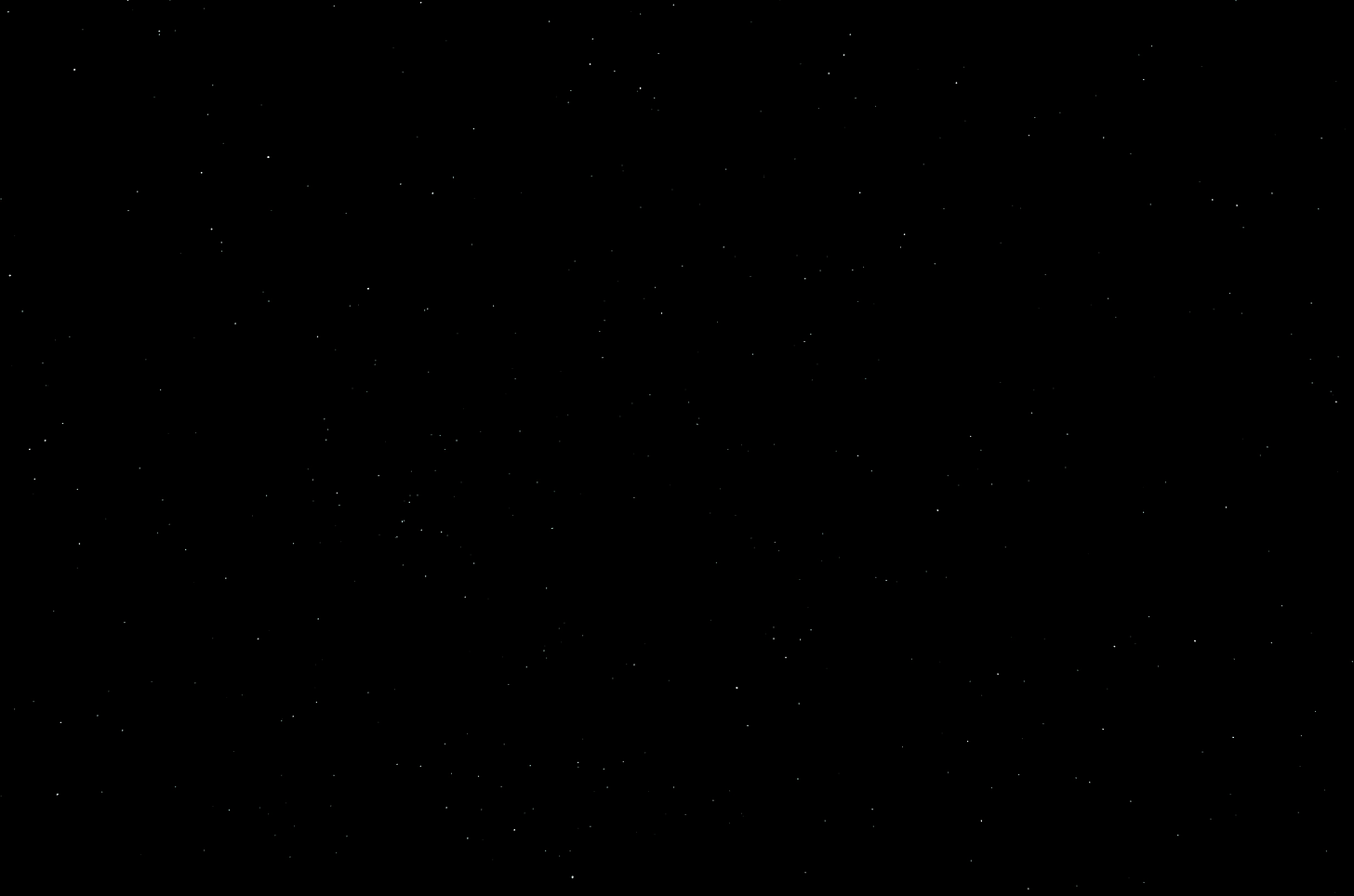I heard some terrific music over the weekend, which I was very much looking forward to telling you about. At Cal Performances on Sunday afternoon, I witnessed part (an all-too-brief part) of a magnificent program by the Dover Quartet, my first encounter with an ensemble that plays with astonishing cohesion and tonal beauty. The next time they show up in the area, I plan to cancel all my other plans and make a beeline for the hall.
On this occasion, though, I ducked out early to hear the wondrous local soprano Nikki Einfeld give an incisive and dreamy rendition of Schoenberg’s Pierrot Lunaire with the Left Coast Chamber Ensemble, conducted by Matilda Hofman. I had some thoughts to share about that — the piece, the staging, the musical interpretation. I also had some choice vituperation cued up to level at The Matchbox Magic Flute, director Mary Zimmerman’s dreary Mozartean adaptation at Berkeley Rep. (Short version: retaining every bit of the opera’s inept plot and casting it with performers unable to sing Mozart’s sublime score gets things 100% bass-ackwards.)
None of that feels especially urgent this morning.
At some point soon enough, we will all have to make decisions about the role of music, and the arts in general, in the fascist nation we are about to inhabit. Wilhelm Furtwängler, along with others both like and unlike him, will become a relevant figure. Perhaps the world of classical music will be narrowly fortunate that the new Führer, unlike his predecessor, has no interest in what we do. Still, at the moment I’m struggling to imagine what purpose is served by going to concerts, listening to music, and thinking and writing about it — the activities that have given my life meaning for the past half a century.
I hope to feel otherwise a week from now. Until then, I can only sit with my grief and rage.
Cryptic clue of the week
From Out of Left Field #240 by Henri Picciotto and me, sent to subscribers last Thursday:
Composer captivates modish Boston elite (8)
Last week’s clue:
Feature of Utah? It isn’t an island (6)
Solution: TAHITI
Feature of: hidden-word indicator
uTAH IT Isn’t: where the answer is hiding
an island: definition
Coming up
• The Four Seasons: Vivaldi’s beloved compilation of four violin concertos, seems to offer endlessly fertile ground for rethinking, and two variations on this familiar set of themes are due in local concert halls in the coming weeks. First, the mandolin virtuoso Avi Avital takes on the soloist’s mantle in a program with the Philharmonia Baroque Orchestra & Chorale that also includes some of the composer’s vocal music with soprano Estelí Gomez. A week later, violinist Daniel Hope and the New Century Chamber Orchestra revives Vivaldi: Recomposed, composer Max Richter’s contemporary take on the piece. Philharmonia: Nov. 7-9, SF, Stanford, and Berkeley. www.philharmonia.org. NCCO: Nov. 14-17, Berkeley, Vallejo, SF, and Tiburon. www.ncco.org.
• Everest: Opera Parallèle’s inventive opera/video/graphic novel hybrid, based on Joby Talbot’s opera, began life as a way to make art and keep busy during the shutdown of 2020. Since then, it’s become a reliable part of the company’s schedule, and with good reason — the music is engaging, the singing superb and the visuals unpredictable. The piece takes up residence this week in the Morrison Planetarium at the California Academy of Sciences, a perfect venue. Nov. 8-17. www.operaparallele.org.
• Ensemble for These Times: Margaret Halbig, the pianist for this excellent local trio devoted to contemporary music, is joined by an array of guest artists for In Motion, a lineup of works exemplifying the program’s title. The offerings include world premieres by Mary Bianco, Ursula Kwong-Brown, and Darian Donovan Thomas, along with music by Lisa Bielawa, Vivian Fung, Benjamin Britten and more. Nov. 8, Old First Concerts. www.oldfirstconcerts.org.





Thanks for coming to Pierrot! And for all you do for music in the Bay Area!
“This is precisely the time when artists go to work.
There is no time for despair, no place for self-pity, no need for silence, no room for fear. We speak, we write, we do language. That is how civilizations heal. I know the world is bruised and bleeding, and though it is important not to ignore its pain, it is also critical to refuse to succumb to its malevolence. Like failure, chaos contains information that can lead to knowledge — even wisdom. Like art.”
-Toni Morrison
I’ve arrived here late and just want to thank you for your candor and tell you that I share the grief and rage as well.
On a lighter note, thank you for so many wonderful columns over the years. You’ve introduced me to many artists I otherwise would not have known, and often greatly enriched my appreciation of those I did.
I’m happy to have found you here and I look forward to your candid and inspiring posts.